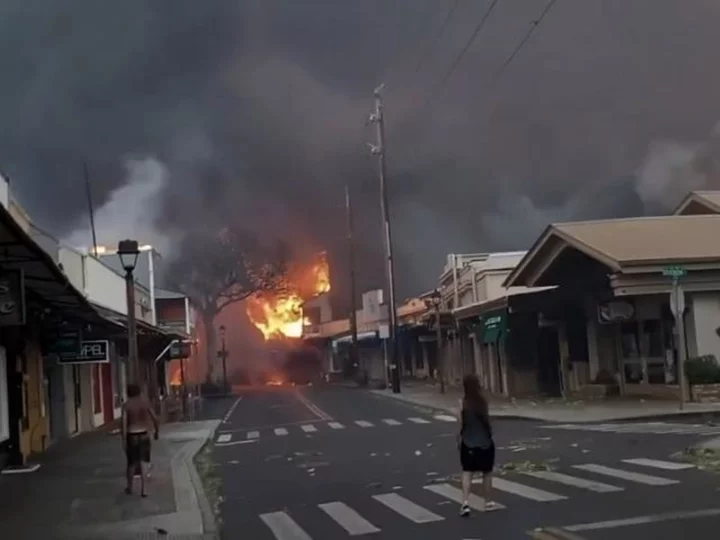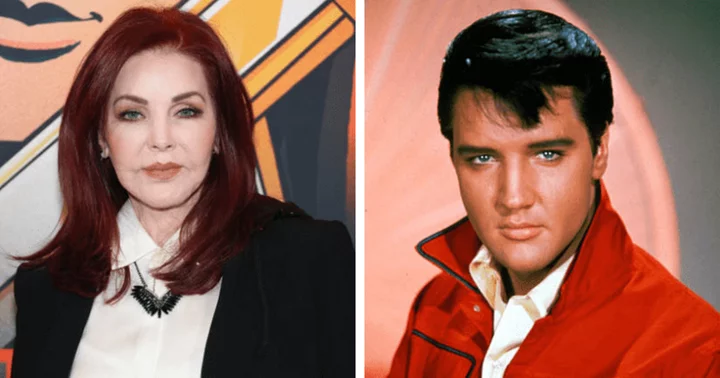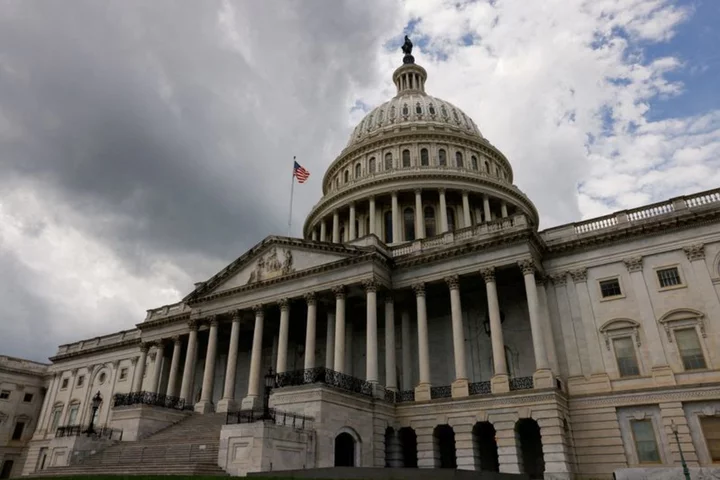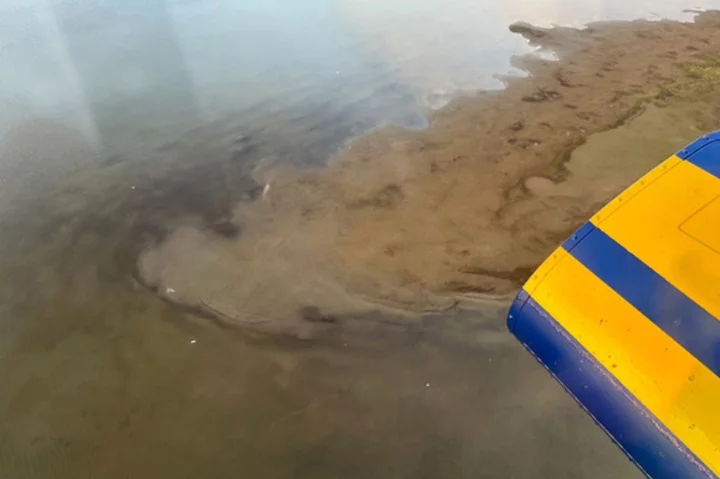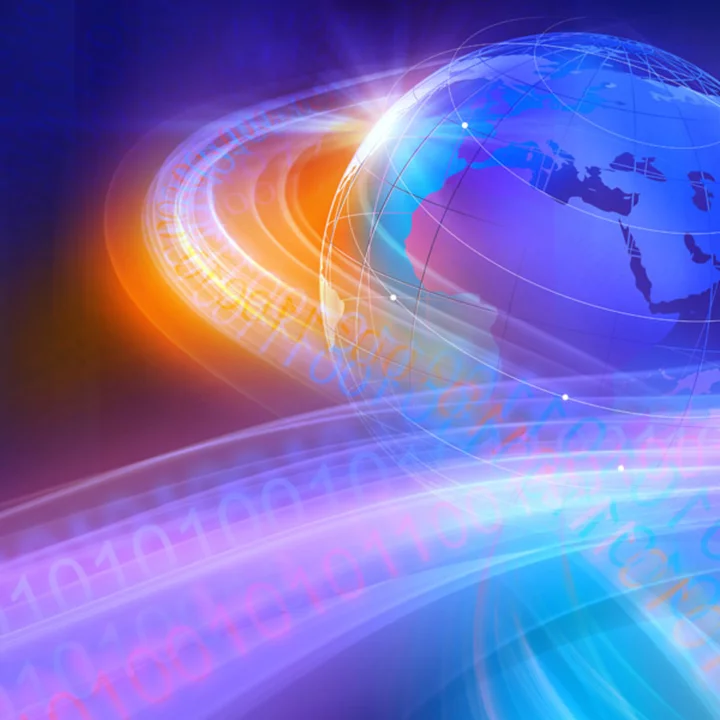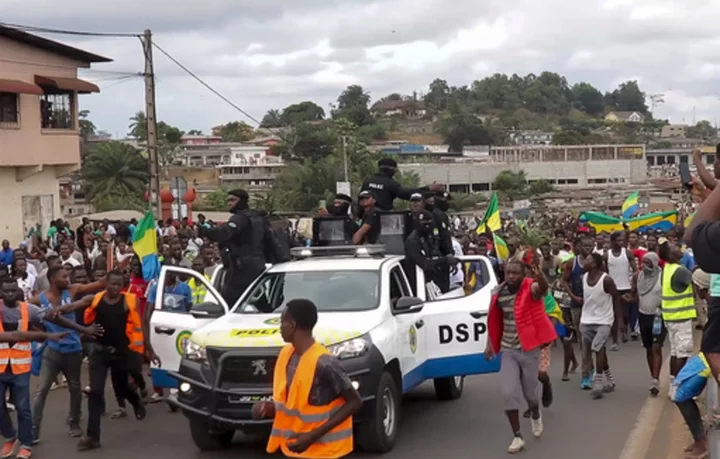As deadly wildfires devastating parts of Maui approach their third day, residents and visitors are recalling harrowing escapes by car or boat, taking stock of the homes and landmarks they've lost and wondering what to do next.
The fires have killed at least six people on the Hawaiian island and displaced hundreds if not thousands, officials say, and many have left not knowing whether anything but ashes will be left when they return.
In the badly scorched western Maui community of Lahaina, Mark and Maureen Stefl have now lost their home to a wildfire for the second time in less than five years. On Tuesday they first saw flames under half a mile from their home, and when winds picked up, the fire suddenly was in their yard, Mark Stefl told CNN on Wednesday.
"We just lost our house again. Twice in four years," Mark Stefl said. "We just got our house back to where we wanted it, and this happened."
The first time their house burned to the ground was during a quick-moving fire fanned by winds from 2018's Hurricane Lane. Now, the two-story yellow house they rebuilt is gone, and so are their cat and dog.
"The fire just engulfed our house," he said.
Fanned in part by fierce winds from Hurricane Dora passing hundreds of miles to the south, this week's fires on Maui and to a lesser extent Hawaii's Big Island ignited and spread Tuesday, jumping freeways, advancing into neighborhoods and destroying people's homes and businesses.
Thousands of people, especially on Maui's western side, can't call 911 or update loved ones about their status because power and communications were knocked out, authorities said. Hospitals are overwhelmed, several people are unaccounted for, and more than 2,000 people were in Maui shelters Tuesday night, officials said.
Hawaii Lt. Gov. Sylvia Luke called the situation "unprecedented." Here's the latest:
• 6 deaths reported: The deaths were discovered Wednesday "amid the active Lahaina fire," Maui County officials said. Names weren't immediately released.
• Several unaccounted for: Three helicopters from the US Coast Guard and US Navy were used in search and rescue efforts along the west Maui coastline, and a federal team arrived Wednesday to help search efforts in the Lahaina area, officials said.
• Cell service out for thousands in Maui: It could take days or even weeks to fix networks. Officials have been using satellite phones to communicate with providers on the west side of Maui to restore power to the area, Luke said.
• Among the most devastated areas: Much of the western Maui community of Lahaina, where about 12,000 people live, is destroyed and hundreds of families there have been displaced, Hawaii Gov. Josh Green said. More than 270 structures have been impacted in Lahaina, county officials said.
• Many in shelters: More than 2,100 people were in four emergency shelters in Maui on Tuesday night, the mayor's office said. While there's enough shelter for an emergency response for a few days, "there's not enough shelter for long term living," the governor told CNN.
• Visitors urged to leave: Maui County officials are asking visitors to leave Lahaina and Maui as soon as possible, noting seats were available on outgoing flights. Nonessential travel to Maui is strongly discouraged, they said.
• Hospitals overwhelmed: Hospitals on Maui were overwhelmed with burn patients and people suffering from smoke inhalation, Luke told CNN Wednesday. Some patients should be taken elsewhere because Maui hospitals aren't equipped for extensive burn treatment, but transportation challenges have made that difficult, Luke said.
Hawaii is asking President Joe Biden to declare an emergency, Green told CNN's Sara Sidner Wednesday evening, adding that he expects "billions of dollars of structural damage."
Maui resident Daniel Sullivan said the scene was "apocalyptic" when an inferno surrounded his neighborhood Tuesday and inched closer.
His children were sleeping downstairs in his home as he watched from the roof all night, preparing to go when flames got too close. He saw the fire get "closer and closer -- and we had no way to get out because the roads were blocked."
His home survived, but many friends lost theirs, he said. "The island has been decimated," he told CNN's Kaitlin Collins.
'We have no more Lahaina'
Helicopter footage shows scores of structures on Maui burned to the ground, many of them in the historic town of Lahaina, a touristic and economic hub on the west side of the island.
"It looked like an area that had been bombed in the war," Richie Olsten, a pilot who flew a helicopter over Maui Wednesday afternoon, told CNN's Jake Tapper.
Lahaina resident Alan Dickar watched one of his houses burn and the other engulfed in smoke as he evacuated.
"There is a very good chance that they are not there anymore," Dickar said Wednesday.
Maui resident Jeff Melichar had to evacuate Tuesday evening as embers and smoke enveloped his home.
"I am told my house is gone, but we are not yet allowed access to West Maui," he said.
The fires have destroyed important Hawaiian historical and cultural sites, according to a CNN analysis of new Maxar Technologies satellite imagery.
The satellite imagery, taken at 11:03 a.m. local time Wednesday, shows several buildings on historically significant Front Street have been destroyed. In central Lahaina, smoke is still seen rising from the Kohola Brewery building.
The images also show that one of the largest banyan trees in the US -- the size of an entire city block and was more than 60 feet high in in central Lahaina -- has been burnt. It was imported from India in 1873, Hawaii's Tourism Authority says.
The Lahaina Heritage Museum, located just west of the tree, could be seen with its roof collapsed and only walls still standing. Just north of the tree, another important historical site, the Baldwin Home Museum, has been reduced to ash.
Farther north, the Wo Hing Temple Museum has been destroyed.
"We have no more Lahaina. It's gone," Stefl, the man who lost his home for a second time, told CNN Wednesday.

